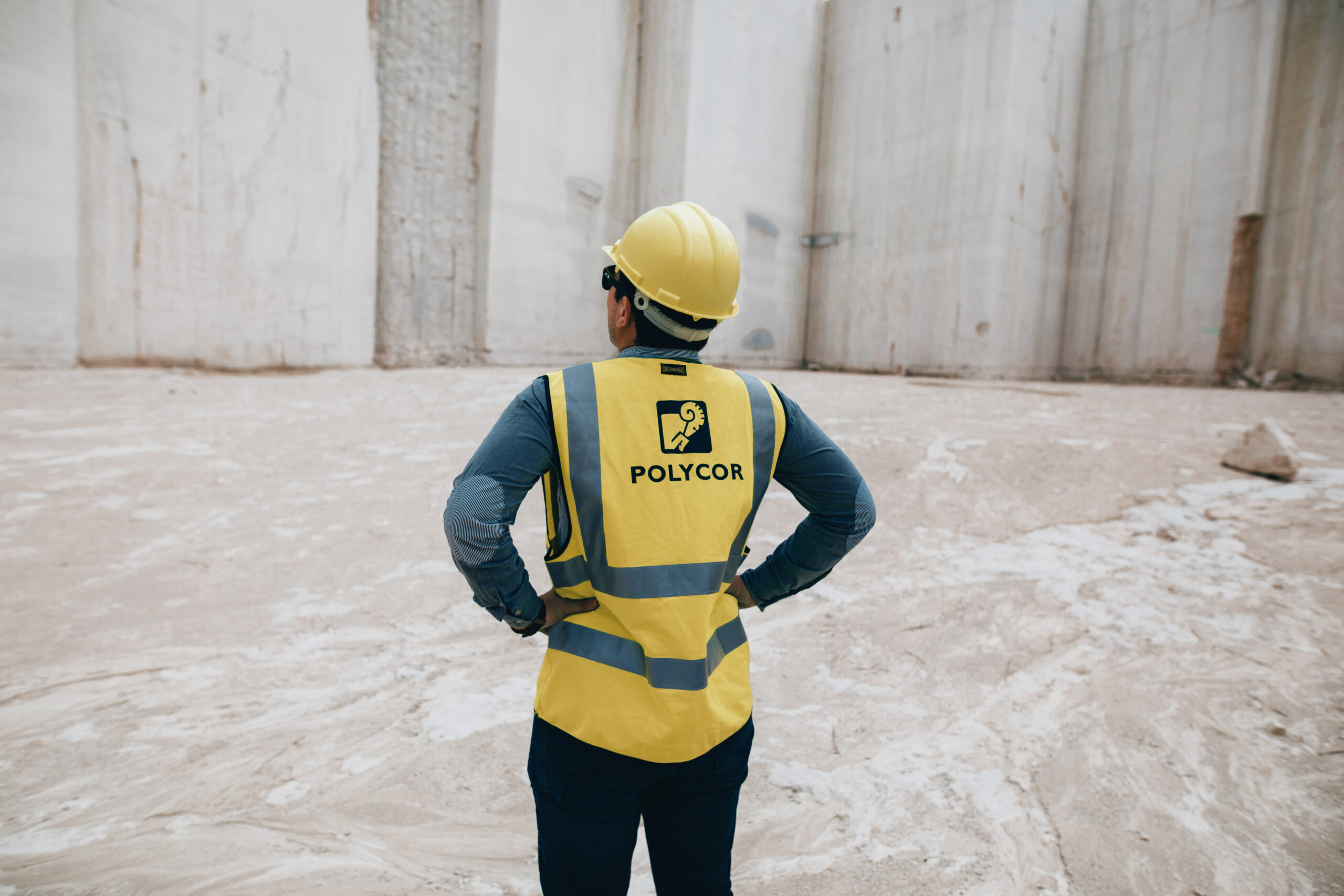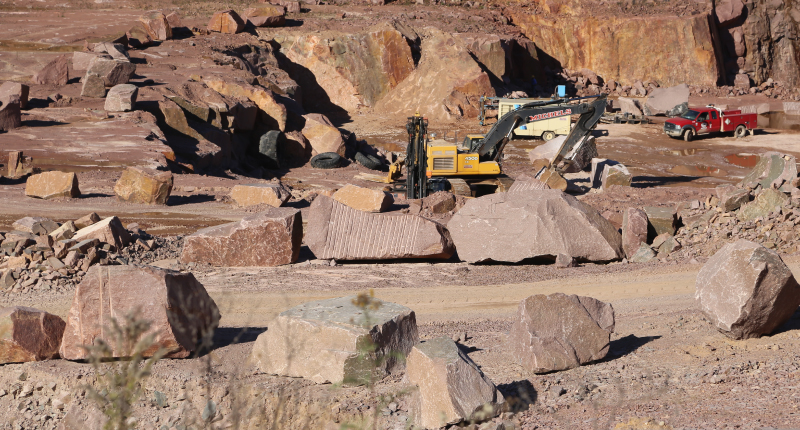The stone industry, renowned for its timeless beauty and durability, is increasingly embracing sustainability as a core principle in response to growing environmental concerns and societal demands. From quarrying to fabrication, stakeholders across the stone supply chain are implementing innovative initiatives and best practices to minimize ecological impact, conserve natural resources, and promote responsible stewardship of the earth’s resources. In this article, we explore the evolving landscape of sustainability in the stone industry, highlighting key initiatives and strategies driving positive change.
Responsible Quarrying Practices:
Quarrying is the first step in the stone production process, and responsible quarrying practices are essential for minimizing environmental degradation and preserving natural ecosystems. Forward-thinking quarry operators are adopting a range of sustainable practices, including:
- Habitat Restoration: After quarrying operations cease, efforts are made to rehabilitate the landscape by replanting native vegetation, creating wildlife habitats, and restoring natural watercourses.
- Water Management: Sustainable quarrying involves minimizing water usage and implementing measures to prevent pollution of nearby water bodies through sedimentation and runoff control.
- Energy Efficiency: Quarry operators are investing in energy-efficient equipment and technologies to reduce energy consumption and minimize greenhouse gas emissions associated with extraction and processing.
- Community Engagement: Engaging with local communities and stakeholders is crucial for fostering transparency, addressing concerns, and building trust around quarrying activities.
Recycling and Waste Reduction:

Stone fabrication generates a significant amount of waste in the form of offcuts, sludge, and dust, posing environmental challenges if not managed effectively. To mitigate this impact, stone fabricators are implementing recycling and waste reduction initiatives, including:
- Offcut Recycling: Offcuts and leftover stone pieces are recycled and repurposed for secondary applications such as landscaping, paving, and cladding, reducing the need for virgin materials.
- Dust Collection Systems: Advanced dust collection systems capture airborne particulates generated during cutting, grinding, and polishing operations, preventing pollution and improving air quality in fabrication facilities.
- Water Recycling: Water used in stone fabrication processes, such as sawing and polishing, is treated and recycled for reuse, minimizing water consumption and reducing the burden on freshwater resources.
- Material Recovery: Innovative techniques such as stone dust consolidation and sludge dewatering enable the recovery of valuable minerals and materials from waste streams, contributing to circular economy principles.
Certifications and Standards:
Certifications and standards play a vital role in promoting sustainability and responsible sourcing practices within the stone industry. Organizations such as the Natural Stone Institute, LEED (Leadership in Energy and Environmental Design), and the Forest Stewardship Council (FSC) offer certification programs and guidelines to help companies adhere to sustainability criteria and demonstrate their commitment to environmental stewardship.
For example, the ANSI/NSC 373 Sustainable Production of Natural Dimension Stone standard provides a framework for assessing and improving the environmental performance of stone production facilities, covering aspects such as water management, energy use, emissions, and community engagement.
Innovation and Collaboration:

Innovation and collaboration are driving forces behind the advancement of sustainability in the stone industry. Research institutions, industry associations, and private companies are investing in R&D efforts to develop new technologies, materials, and processes that enhance sustainability throughout the stone supply chain.
Examples of innovative initiatives include the development of alternative cutting and shaping techniques that reduce energy consumption and waste generation, the use of recycled and reclaimed stone materials in construction projects, and the implementation of blockchain technology to track the provenance and sustainability credentials of stone products.
Sustainability is no longer a mere buzzword but a fundamental imperative for the stone industry as it seeks to reconcile the demands of commerce with the imperative of environmental responsibility. By embracing responsible quarrying practices, recycling and waste reduction initiatives, adhering to certifications and standards, and fostering innovation and collaboration, the stone industry can pave the way towards a more sustainable future.
As consumers, designers, and builders increasingly prioritize sustainability in their purchasing decisions, stone companies that prioritize environmental stewardship and social responsibility stand to gain a competitive edge while making a positive contribution to the planet. By working together towards common goals, we can ensure that the beauty and durability of natural stone are preserved for generations to come, in harmony with the environment.

